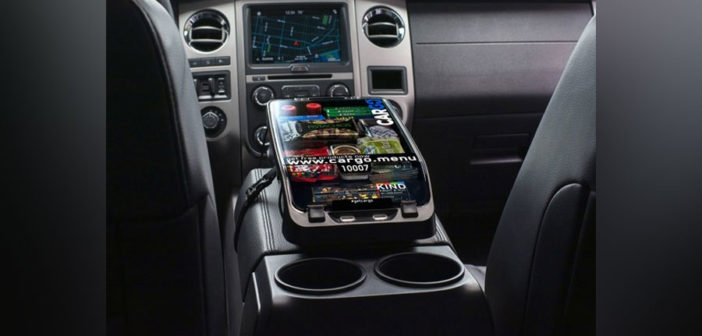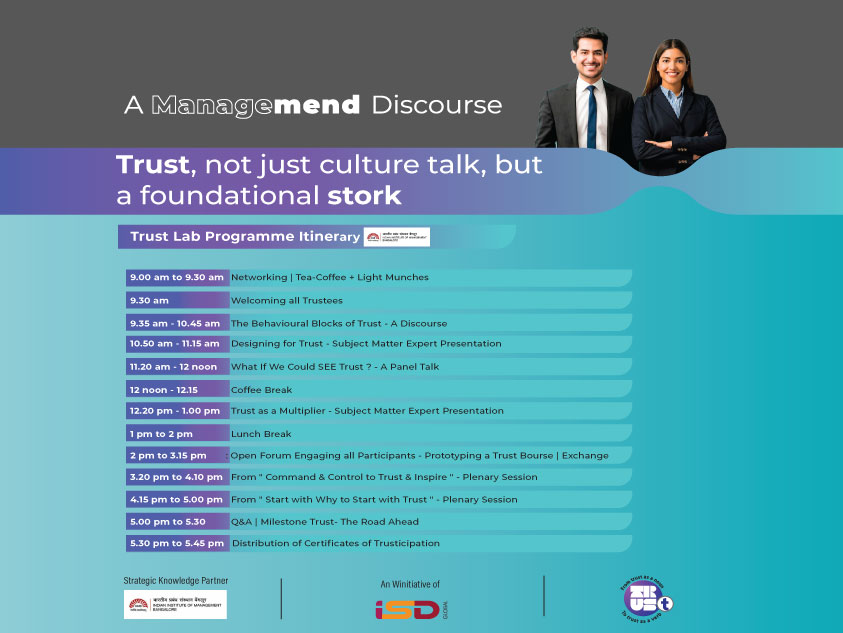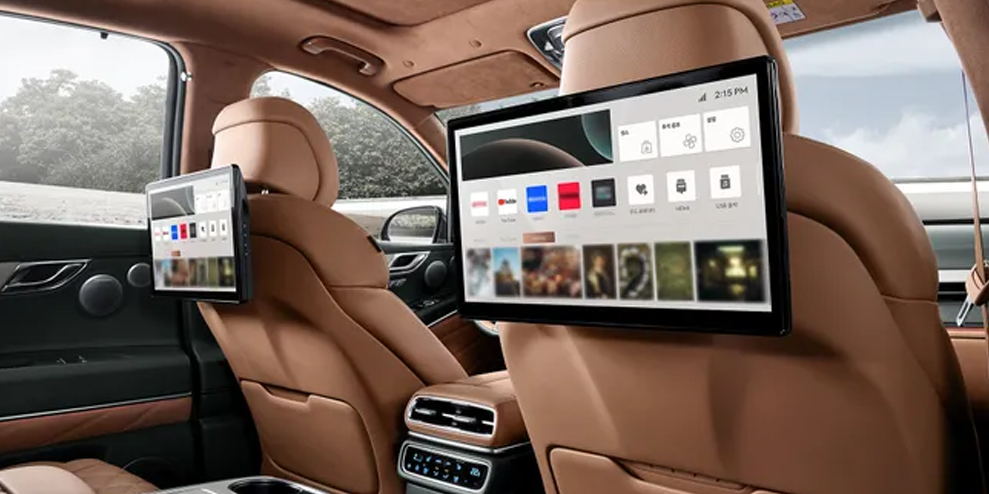SIX YEARS AFTER a startup called Uber made it easier than ever for anyone to make money driving their car, a startup called Cargo is making it easier than ever for anyone who makes money driving their car to also make money running a convenience store.
Ride-hailing drivers who sign up with Cargo get shipments of the sort of things people would buy at a gas station (that’s where the people who drive you around in Ubers and Lyfts go to put gasoline in their vehicles): energy drinks, Advil, phone charging cables, candy bars, and so on. A passenger uses their smartphone to make a purchase, the driver hands it over (after parking, of course), and takes a cut of the sale. Cargo already operates in cities around the US, including New York, Chicago, DC, Minneapolis, Atlanta, and Dallas. It’s aiming to reach 20,000 drivers this year.
This week, Cargo took its first step overseas. Working with Uber competitor Grab in the company’s native Singapore, it launched a service called Grab&Go. Drivers who sell snacks and hand out free samples of beauty products, they say, can make nearly $200 a month on top of their regular earnings—and boost their ratings by delighting passengers with their oh-so-convenient wares.
Having drivers peddle Red Bull and anti-hangover tablets to club-bound millennials is a clever business, but it’s just one corner of a market that’s set to erupt. As humanity’s car habit shifts from owning and driving to sharing and riding, the vehicle will evolve from sanctuary to marketplace.
In this young and booming field, Cargo’s focus on physical products and its view of the passenger as customer stand out. Most business plans revolve around advertising and collecting the Official Currency of the 21st Century: data. Data on where and when you go and how you spend your time in transit.
A 2016 McKinsey report on monetizing car data predicted that this business could be worth $750 billion globally by 2030. Take Telenav, which wants to offer in-car ads to the old-fashioned types who are still driving: If the vehicle senses you’re low on gas, it’ll offer to direct you to the nearest Shell station. (That’s the company’s example.) If it’s dinner time and you’re driving by that pizza place that just opened up, it could offer you a coupon to try it out. Those ads could appear on your car’s center screen, or even the windshield, if some manufacturers get their way.
“People are becoming passengers. What are they going to do with that time?” says James Bellefeuille, founder and COO of Vugo, a Minneapolis-based company that offers in-car entertainment for ride-hailing passengers via tablets mounted in the backseat. Vugo is working with ride-hailing companies (Bellefeuille declined to get specific) to give passengers the same thing they get from airlines: a range of options to keep them entertained during their trip. They can keep watching the game on their way to the bar, or catch up on their shows on the way home from work, all of it punctuated by ads targeted to them based on their travel history and current trip.
That’s the simple stuff, a natural extension of the way your data is already leveraged online to sell you things. Roadtrippers who liked Mount Rushmore also liked the Mount Rushmore gift shop! The fun part happens when we start to move around in vehicles that are electric (and thus cheap to charge), autonomous (thus cheap to operate), and shared (amortizing any remaining costs).
“Our long term goal is free transportation,” Bellefeuille says. That’s because, in dense cities at least, it’s not nuts to think driving will be so cheap, operators can give it away. Not that anyone is quite so generous. Someday, like your email or your streaming music, your commute could be free—as long as you’re willing to share your data and endure the occasional commercial, one chosen, maybe even made, just for you.
Sure, it feels creepy (and free car travel might encourage sprawl and worsen traffic). But that’s never stopped people before. And while everyone knows they won’t get a free lunch, they might settle for a free ride and 50 percent off a Subway sandwich.
–
This article first appeared in www.wired.com
Seeking to build and grow your brand using the force of consumer insight, strategic foresight, creative disruption and technology prowess? Talk to us at +9714 3867728 or mail: info@groupisd.com or visit www.groupisd.com



